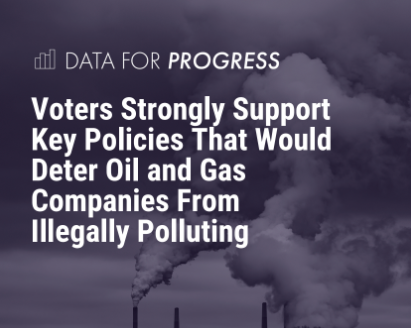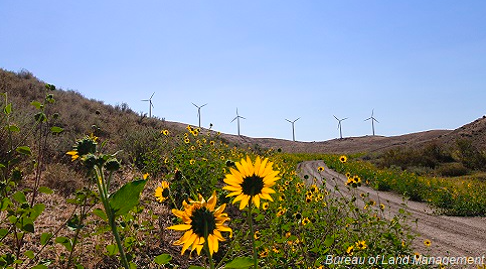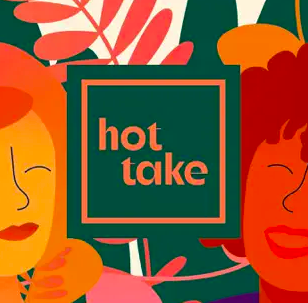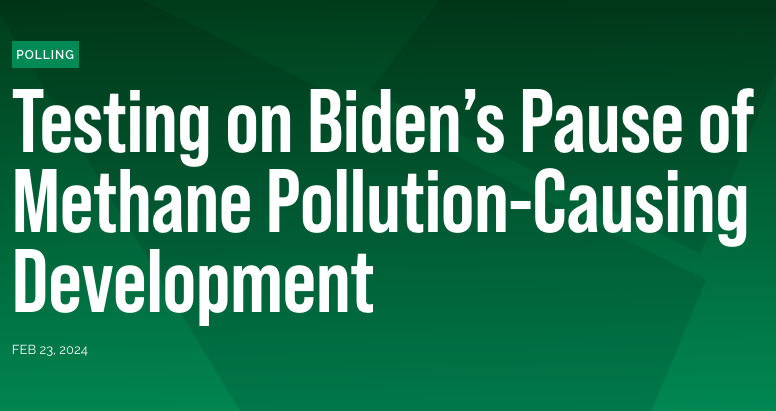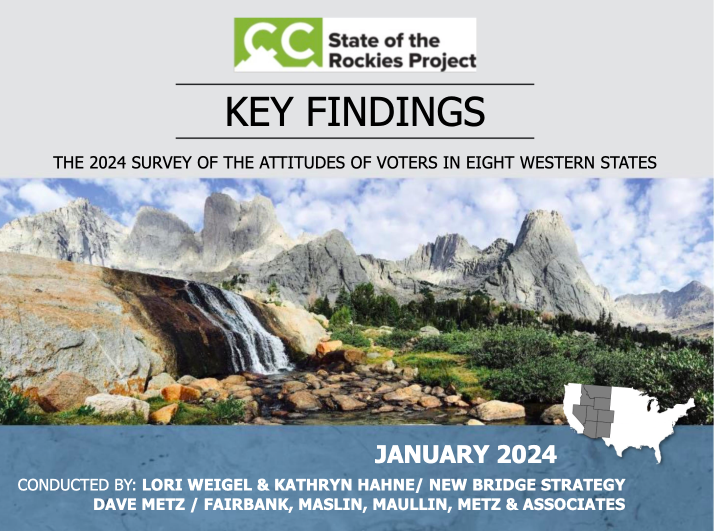Resources
Search below for resources covering the intersection of climate engagement, social science and data analytics.
RESULTS
New Poll Shows 7 in 10 Voters Support EPA Action to Clean Up Truck Pollution
Voters overwhelmingly support stronger EPA standards for particle pollution and heavy-duty vehicle emissions. 78% of voters support the EPA setting stricter limits on fine particles, also called “soot,” that power plants, oil refineries, and other industrial facilities can release. 82% of voters support the EPA setting stricter limits on mercury and other toxic air emissions from power plants. 78% of voters support the EPA setting stricter limits on smog from power plants, oil refineries, and other industrial facilities.
Environmental Polling Roundup - March 1st, 2024
This post includes climate and environment headlines, data points, and key takeaways from recent public polls - including new polling on polluter accountability, new message testing about pausing liquefied natural gas (LNG) export projects, and newly released state-level polling on carbon dioxide removal (CDR).
HEADLINES
Poll: Voters Strongly Support Key Policies That Would Deter Oil and Gas Companies From Illegally Polluting
Voters overwhelmingly want stronger accountability for polluters, including compensation for damages to the environment and local communities. Most disapprove of the court decision to block an investigation of environmental injustices in Louisiana’s “Cancer Alley”.
Poll: Voters Across Four States Show Broad Support for Clean Energy, Carbon Removal
Voters widely support carbon dioxide removal (CDR) projects in key states where they are being considered, and see improved air quality as the clearest benefit of these projects. While voters aren’t very familiar with CDR, they are inclined to feel positively about the technology. In Wyoming, for example, NWF and Data for Progress find that 57% of voters feel favorably about “carbon dioxide removal technologies” when the term is first introduced in the survey while only 16% have unfavorable attitudes about the term.
Messy Conversations: How to Talk to Kids about Climate Change, with Mary Annaïse Heglar
How should we talk to kids about climate change? The world is beautiful, but the world is changing—and you can play a part in the change. Mary Annaïse Heglar's first book is out today, and it's a children's book about climate change. It's the first of three climate books Mary has coming out in the near future (the other two are a novel, called Troubled Waters, and an essay collection of Black writers on climate). She has been busy writing up a storm since we wrapped up Hot Take (and we've roped her into editing stories for Drilled, too).
Poll: Testing on Biden’s Pause of Methane Pollution-Causing Development
In communications about President Biden’s pause on liquefied natural gas (LNG) export projects, voters are most swayed by messaging about health. The most effective and convincing way to talk about this pause is in the context of the pollution risk methane gas facilities pose and the health consequences from them. While other frames are still useful, the pollution-focused message was chosen overall and by virtually all subgroups as the best message on the topic.
Environmental Polling Roundup - February 23rd, 2024
This post includes climate and environment headlines, data points, and key takeaways from recent public polls - including new polling on voters’ relative trust in the two parties to handle climate change and the environment, as well as new polling and consumer data about electric vehicles.
HEADLINES
Republican EV drivers outnumber Democratic EV drivers in many states, based on voter file data and vehicle records. In nine of the 31 states and DC that register voters by party, for example, more Republican voters are linked to records of electric vehicles – including insurance and repair records – than Democrats. Republicans, independents and third-party voters associated with electric vehicles also exceed Democrats in 24 of those states. There is a mix of market factors, such as consumer awareness, infrastructure, incentives and availability, that drive sales.
Environmental Polling Roundup - February 16th, 2024
This post includes climate and environment headlines, data points, and key takeaways from recent public polls - including new polls of Western voters and young conservatives.
Poll: State of The Rockies
The latest “State of the Rockies” poll finds that Western voters across party lines rate conservation issues as an important factor in their vote this year. For the first time in the poll’s history, the majority of Republicans say that conservation should be prioritized over maximizing fossil fuel production. 90% of voters in Western States support requiring oil and gas companies, rather than federal and state governments, to pay for all of the clean-up and land restoration costs after drilling is finished.
Pagination
- Previous page
- Page 3
- Next page

